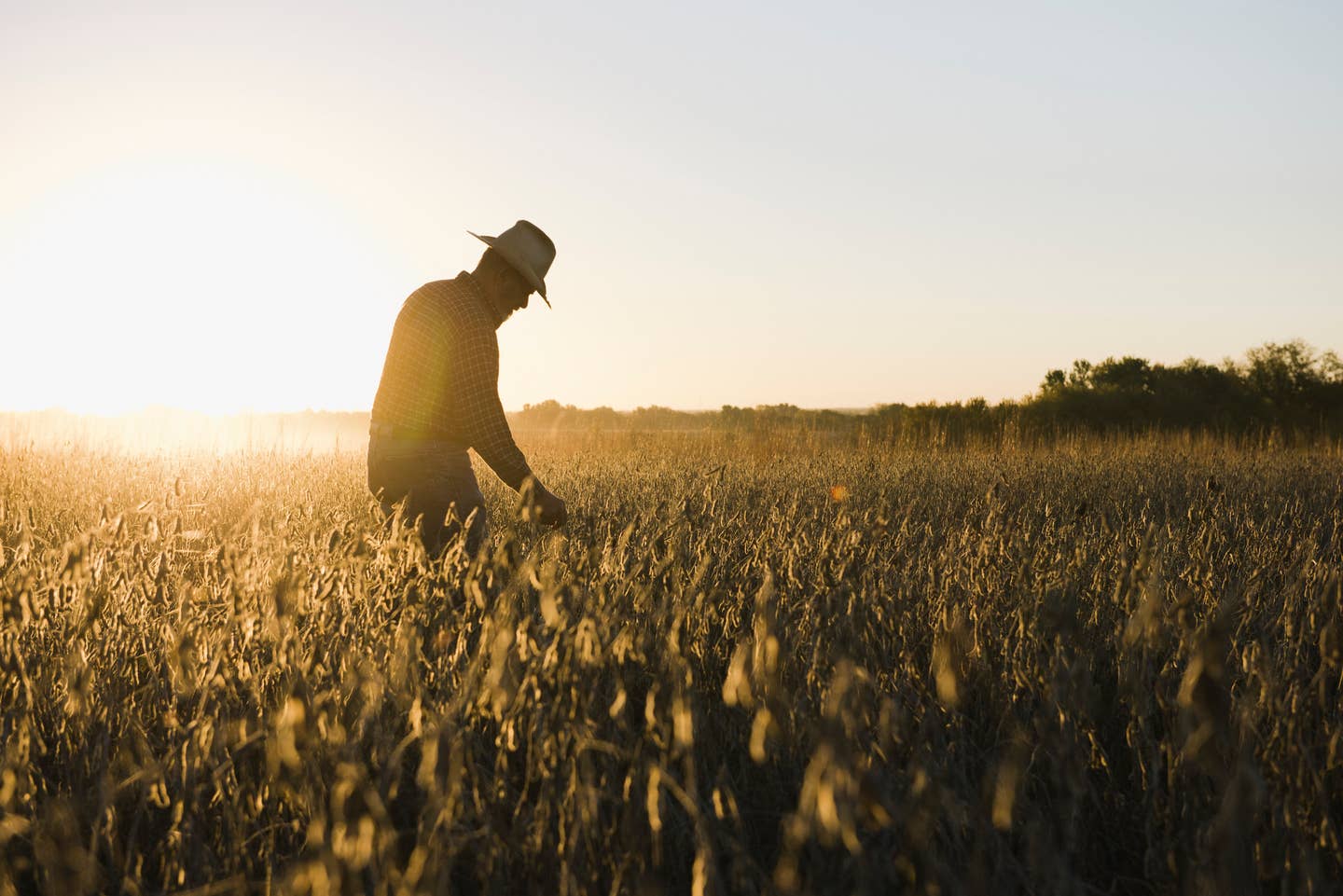
Do Cry Over Spilled Milk. Farmers Dump Milk as Demand Falls Due to COVID-19
Spilling milk used to be such a tragedy it was the center of the most oft-repeated parable of my childhood. If you did something regrettable, my southern mother would say: "Don't cry over spilled milk." I never even knew what that meant until I visited my Aunt and Uncle's Georgia farm and they explained it. Milking is arduous and the cow is to be respected, her milk taken lovingly, and if you spill the milk pail on the way back from the barn, it symbolizes a tremendous waste and loss of resources. What would these farmers say now, I wonder, if they were still around to see this? I hate to think.
The New York Times reports that from Wisconsin to Ohio, farmers are dumping thousands of gallons of milk and eggs, as well as fresh produce, all because demand is decimated due to COVID-19, and with restaurants, schools, hotels, and other businesses closed, the fresh food is spoiling, so it must be discarded.
With no buyers for more than half their crops, many of the nation’s largest farms are being forced to destroy tens of millions of pounds of fresh food. With Americans eating at home, it doesn't make up for the loss of commercial and institutional customers for milk, eggs, and fresh foods.
The Times reports that Dairy Farmers of America, the nation’s largest dairy cooperative, estimates that farmers are dumping 3.7 million gallons of milk a day. A single chicken grower is smashing 750,000 eggs every week.
It makes me cringe. I have been told to always carry the eggs in a separate bag, lest they break on the way home from the store. Be careful with the eggs, my mother would say every single time we went to the store. It was a mantra. That and: Check the containers before you buy them since you don't want to bring home a cracked or broken egg.
So what can we do, as individuals, other than regret this whole situation? Switch to plant-based milk. These are more resilient in the face of "spoilage" since they have a longer shelf life and producers have an easier time turning up and down the supply spigot. There is no easy solution to today's problem but as we adjust and course-correct as a society, a culture and an economy, plant-based food choices can start to help to eliminate these tragedies in the future. Our hearts go out to the farmer, the animals, the workers and anyone who has ever experienced crying over spilled milk.
More From The Beet






